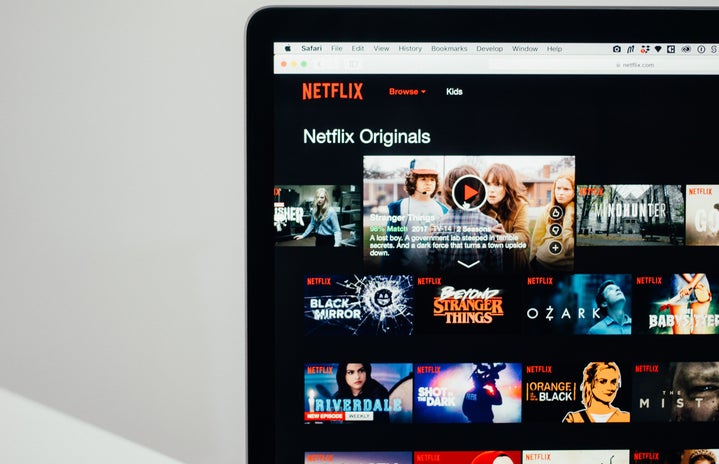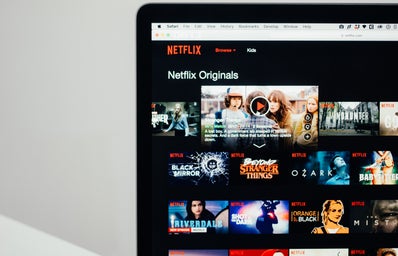What do Riverdale’s Toni Topaz, Clueless’ Dionne Davenport and Stranger Things’ Lucas Sinclair all have in common? They’re tokens.
Diversity has become such a buzzword in recent years, yet Hollywood doesn’t seem to catch a grasp on what the word actually means, nor how to authentically represent black characters on the big screen without reducing them to token characters.
Following the most recent wave of the Black Lives Matter movement, there was a massive influx of media outlets pushing to amplify black voices. There were numerous cases of television shows recasting roles and giving them to black actors and streaming platforms dedicating time to highlight black media.
While flattering, it still seems to feel like a hollow sentiment considering that there was no rush to diversify their media before they felt that pressure.
There is a huge problem with Hollywood failing to distinguish diversity from tokenism. Tokenism in television and movies is not a new concept: it’s the strategic move of hiring a minority solely for the sake of claiming inclusion and avoiding any criticisms or claims of discrimination. More often than not, these token characters are black and are thrown into an all white cast for the exclusive purpose of interacting with and playing sidekick to the main protagonist. Very little thought goes into the character development of the token character, and they often reinforce negative stereotypes about black people.
Sounds bad, right? Well, unfortunately this is Hollywood’s claim to the diversity trophy.
This has been a longstanding, but overlooked issue in television and film. You may even come to realize that many of your favorite movies or shows feature a black character who is only used as a token, whether intentionally or not.
It is hard to ignore criticism of the industry, especially when white writers openly call out their tokenism, such as Jodie Landon from the television show Daria (1997) and a character literally named Token Black from South Park (1997). Granted, one of these examples is meant to be satirical, but regardless, it is evident that the people creating these shows and films are aware that there is a severe lack of black characters with depth, and instead of creating them, they’re laughing at them.
Diversity is meaningless when it lacks genuine inclusion. Hollywood is doing the bare minimum to represent such a vibrant and multifaceted culture, and that should no longer be the standard. Utilizing genuinely accurate representation is the first step in portraying black characters. There are multitudinous examples of intersecting identities that come with being Black, and very few shows and movies tend to touch on them. The onus is firmly on Hollywood to give meaningful representation to Black people if they are to retain the support of this and future generations.



